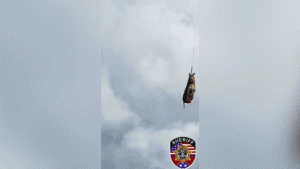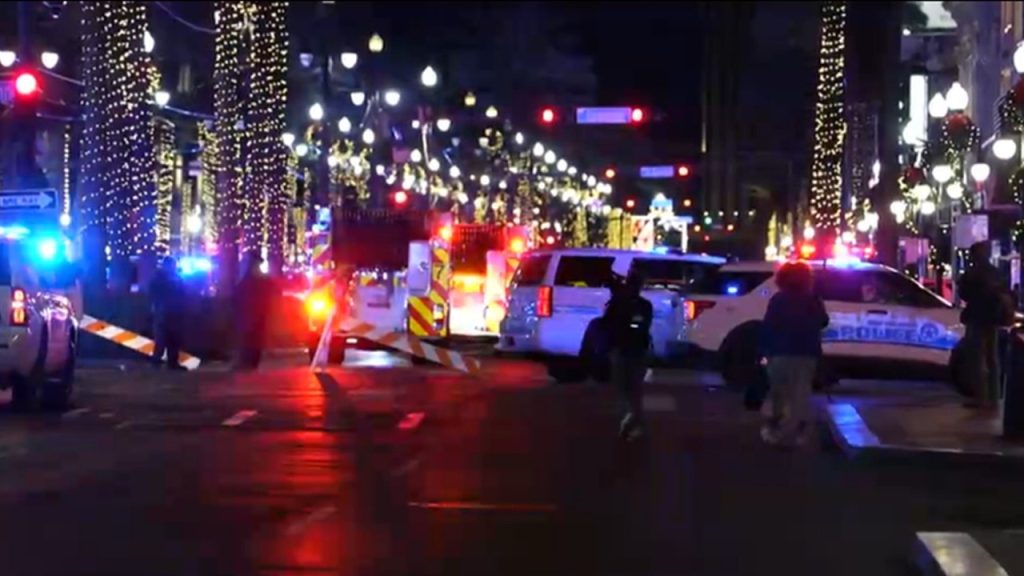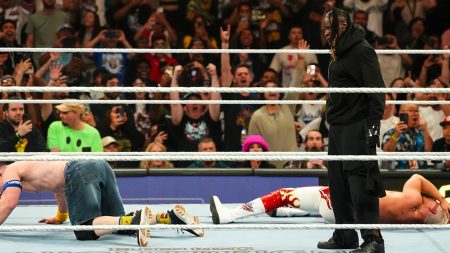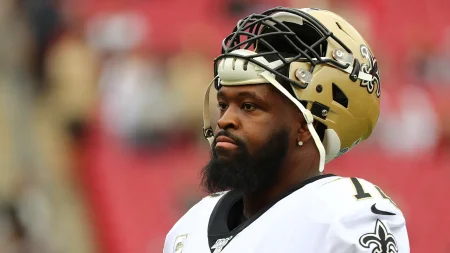The New Year’s Day celebration in New Orleans was shattered by an act of terrorism that left a University of Georgia student critically injured and claimed the lives of at least ten others, injuring dozens more. The horrific incident unfolded on the iconic Bourbon Street just after 3 a.m. local time when a pickup truck deliberately plowed into a crowd of revelers. The unidentified student was among those caught in the attack and was immediately transported for medical treatment. The student’s presence in the city was likely linked to the upcoming College Football Playoff quarterfinal game between the Georgia Bulldogs and the Notre Dame Fighting Irish, scheduled to be played at the Superdome later that day.
News of the attack sent shockwaves through the University of Georgia community and beyond. University President Jere W. Morehead expressed his profound sadness and extended condolences to the victims, their families, and all those affected by the tragedy. He personally reached out to the injured student’s family, offering support and conveying the well wishes of the entire university. Morehead also commended the swift response of first responders and medical personnel who worked tirelessly to aid the victims and bring the situation under control. He pledged the university’s unwavering support to the New Orleans community as it grappled with the aftermath of this horrific event.
The attack sent ripples through the sporting world, forcing the postponement of the highly anticipated Sugar Bowl game between the Georgia Bulldogs and the Notre Dame Fighting Irish. Allstate Sugar Bowl CEO Jeff Hundley announced the 24-hour delay, citing public safety concerns as the paramount factor in the decision. The rescheduled game aimed to provide a semblance of normalcy amidst the tragedy, while also allowing time for authorities to investigate the attack and ensure the safety of all involved.
Law enforcement swiftly identified the perpetrator as 42-year-old Shamsud-Din Jabbar, who died at the scene following an exchange of gunfire with police. The discovery of an ISIS flag within the suspect’s vehicle immediately raised concerns about potential terrorist affiliations. Further investigation revealed the presence of weapons and a potential improvised explosive device (IED) inside the truck, along with other potential IEDs located in the French Quarter. These findings underscored the severity and premeditation of the attack, prompting the FBI to launch a thorough investigation into Jabbar’s potential links to terrorist organizations.
The FBI’s preliminary assessment suggested that Jabbar may not have acted alone, leading to a broader investigation into potential accomplices or networks involved in the attack. This unsettling revelation heightened concerns about the scope of the terrorist plot and the potential for further violence. Authorities worked diligently to uncover any connections Jabbar may have had with extremist groups, both domestically and internationally, to fully understand the motivations and planning behind the attack.
The New Orleans attack serves as a stark reminder of the vulnerability of public spaces and the ongoing threat of terrorism. The incident highlights the importance of vigilance and preparedness in the face of such threats, and the crucial role of law enforcement and intelligence agencies in preventing and responding to acts of terrorism. The investigation into the attack continues as authorities strive to piece together the full story behind this senseless act of violence and bring those responsible to justice. The impact of this tragedy extends far beyond New Orleans, resonating with communities across the nation and serving as a call for unity and resilience in the face of adversity.










